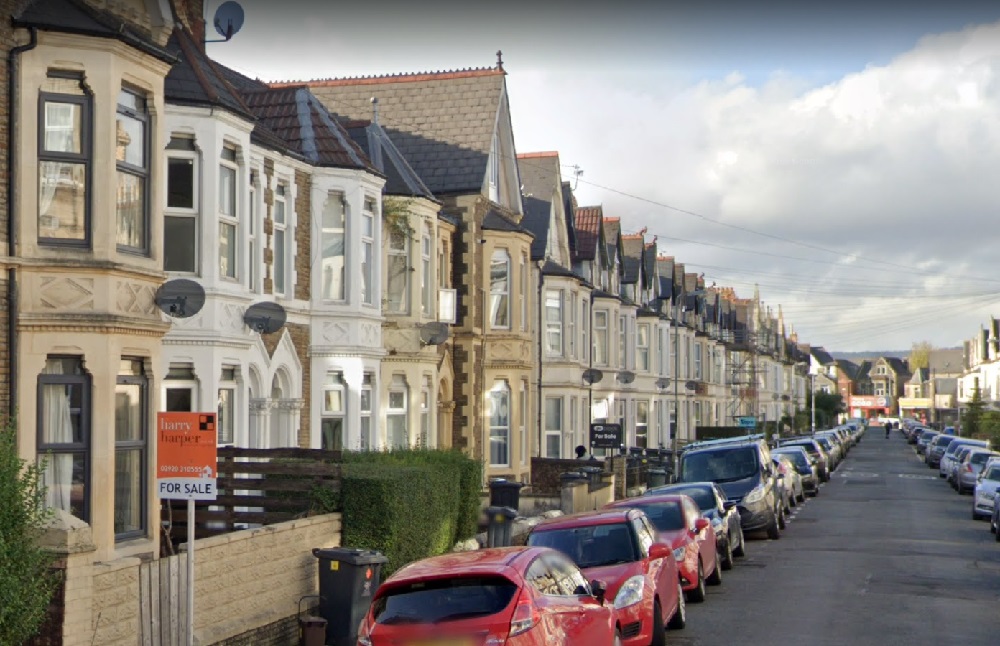What can be done to tackle Wales’ housing problem?

Mike Hedges – MS for Swansea East
Swansea currently has over eight thousand people on the housing waiting list and some of them are likely to have an exceedingly long wait; this is unacceptable, and it is not the fault of Swansea Council.
There are the following types of tenure: owner-occupied, being bought via a mortgage, privately rented, social housing via housing associations and council housing and co-operative housing.
In the 15 years after the end of the second World War, 120 000 council houses were built in Wales. We need to see a return to council house building at this scale if we are to end the housing crisis we have today.
We need a partnership between the Welsh Government, Local Authorities, and other social Housing providers to build at scale, we need to see empty houses being brought back into use and we need to see more private rented properties.
We should not allow people to be without a home to be living with family or friends, in temporary accommodation or living on the streets in the 21st century.
Changes
Whilst places as diverse as New York, Scandinavia and Vancouver have substantial co-operative housing, the same is not true of Wales or the rest of Britain. There have been major changes since devolution; Merthyr Valley Homes took over the control of the former council housing stock, and in 2016 the tenants voted to create the first tenant and employee mutual housing association in Wales.
The Wales co-operative housing model has been developing Co-operative housing and successes include Dol-llys Hall, situated just outside Llanidloes, and Home Farm Village in Cardiff.
With funding from the Nationwide Foundation and the Welsh Government, Cwmpas’s Communities Creating Homes programme is offering free comprehensive support tailored to each housing scheme.
I also have concerns about empty properties whilst there have been disagreements over the number of empty properties in Wales, one empty property is one too many. While some will be undergoing renovation and others are being marketed, there is still the problem of dwellings being left unoccupied for several years.
There are reasons, including families inheriting properties and living abroad, and family disputes but we need to bring these properties back into use. Many of these properties are in sought-after areas and would sell or be privately rented easily.
Empty homes are a wasted resource in a time of substantial housing demand. They can also cause nuisance and environmental problems, where empty homes can be a focus for increased levels of crime, vandalism, anti-social behaviour, drug abuse, overgrown gardens, unsteady boundary fences or walls, and, with a shared wall, damp can come through.
I have had complaints from constituents who have been attached to an empty house about every single one of those. They also represent a potential housing resource that is currently underutilised.
Bringing empty homes back into use can help address housing and social issues by increasing the supply in areas to meet housing shortages, and to link empty homes with housing need.
Enforcement
If all efforts to persuade owners to bring their properties back into use fail, and such properties continue to prove to be a nuisance, or be in poor condition, councils need t0 consider their enforcement powers.
Bringing in compulsory purchase powers for councils when a house or flat has been empty for five years would improve housing availability. Once a compulsory purchase has taken place, the property can then be sold on to a housing association, an owner-occupier, or a private landlord to bring the accommodation back into use. The key is getting it back into use. The ownership of it is much less important.
Between 1945 and 1959, six years of a Labour Government and eight years of a Conservative Government—120,000 council houses were built in Wales. Building council houses was seen as a challenge by both political parties, and, by the mid-1970s, there was equilibrium between demand and supply for rented housing.
This equilibrium was broken by the discounted sale of council houses and near complete ending of council house building, which was inevitable, because, if houses could be sold at substantial discount for people who had been a council tenant for any length of time, then it was obvious that people would move into the new ones, buy them, and the council would have the debt but not the house.
With thousands homeless or inadequately housed, the best means of providing quality, affordable housing is via the building of council houses. The Welsh Government needs to set a target of increasing the number of council houses built each year, aiming to reach 5,000 houses a year in 2030-31.
We also need to work with private rented sector landlords, to make sure that any of their empty housing housing is brought into use.
Support our Nation today
For the price of a cup of coffee a month you can help us create an independent, not-for-profit, national news service for the people of Wales, by the people of Wales.






Thanks Mike and for this “The Wales co-operative housing model has been developing Co-operative housing and successes include Dol-llys Hall, situated just outside Llanidloes, and Home Farm Village in Cardiff.”
Nice one
Well said. More social housing is much needed throughout Wales as well as action on empty properties. Cardiff waiting list, for example, leaves people waiting up to 11 years for housing. I would also suggest we need rent controls to bring private rents more into line with social housing rents, controls over air b&b rentals and second homes
The government has no right to tell people to do with their houses, empty or otherwise. Rent control is unfair to people who rent property privately. The council should lower their rents. We don’t need more social housing, we need to allow people with land the right to build with little or no demands.